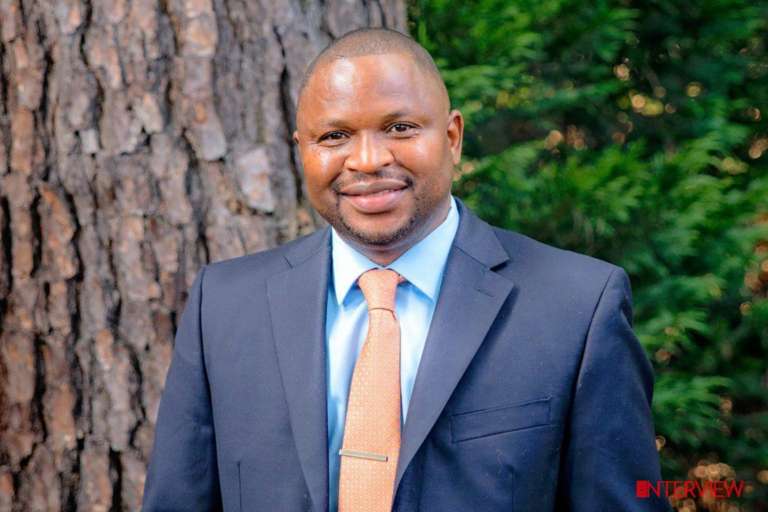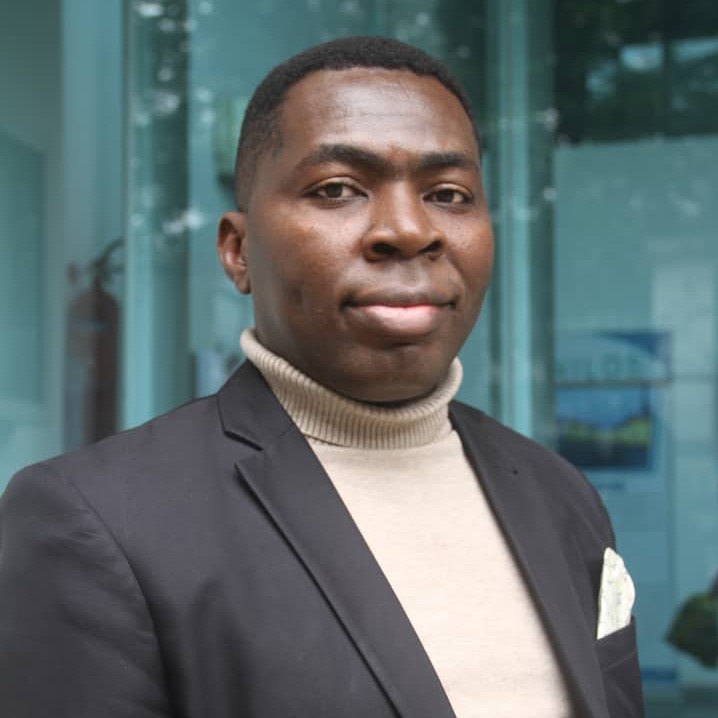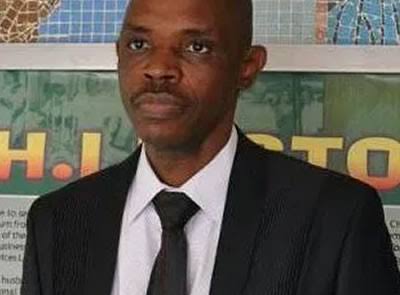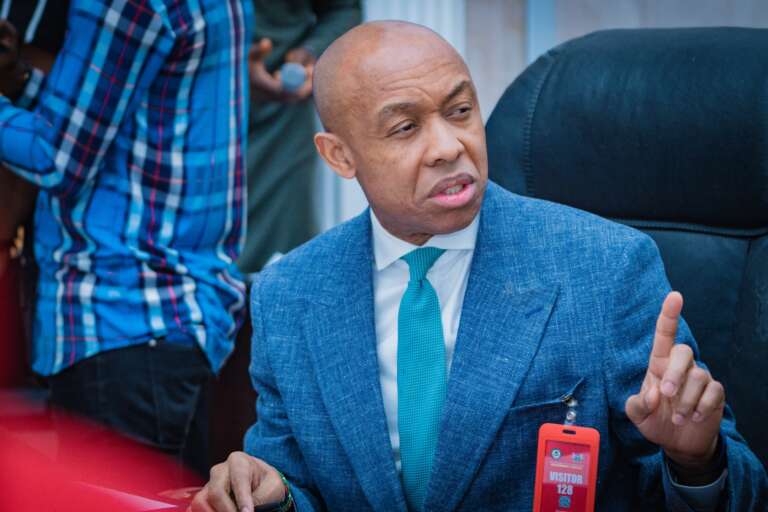Sometimes, a woman finds herself at a destination she did not plan for, a place where she neither bargained for, nor boarded a bus or plane to. She just wakes up and finds herself there, a totally new place where she has to learn a new language, new coping skills, and a different way of life. What is she supposed to do, especially when the new place brings with it both fortune and challenges?
Let us start with a woman who married a young, brilliant, middle-income man when they were both junior executives in a bank, and then 20 years later, he becomes a traditional ruler! Two decades in the banking sector means they had gone really far, travelled wide, and were already looking at soon becoming Executive Directors or even something bigger on the Directors’ floor. Who has an idea what becoming a traditional ruler in Nigeria, Africa entails? The difference between being a regional manager of a bank and becoming a wife, mother, and queen is like the distance between Lagos and Australia.
Taiwo is overwhelmed. Yes, she knew her husband was a prince, but she never thought the royal rotation would swing that fast in their lifetime. But two kings died in quick succession, and just like that, her husband was chosen by the royal house and the oracle to go step into his ancestors’ shoes.
‘We were both just building our careers and minding our business in our corner of the banking world. We had had our share of couples’ trouble but nothing close to that weekend when the elders of the family and kingmakers came to deliver their royal message. Of course, we started with shock, denial, and resistance. Then, when they left, the arguments started, followed by tension, confusion, more arguments, and even ultimatums.’
Why you?
Couldn’t they have chosen your uncle, a more elderly prince?
What about the children, their schools?
Must I follow you home?
Taiwo was faced with the option of staying back in Lagos and losing her place and position in her husband’s life. A Yoruba king is incomplete without his queen or queens. That last part was a major concern, major trouble. Yoruba Obas tend to keep harems. First, he traditionally inherits the wives of the late kings, that is, if they are alive and living in the palace. The details of the inheritance are royal secrets, as many as he wants. Then he can marry more. After all, he is the ‘husband of the town and second-in-command to the creator.’ Anyway, here is a banker, now an Olori, faced with tough life-changing decisions. She does not want to stop working or end her career. She does not want her husband to turn his back on his heritage but she does not look forward to becoming the ‘iya wa’ or Senior Olori with young Oloris prancing up and down the palace and stealing the home she built.
Yours sincerely has two friends who are Oloris. I also have friends who are traditional rulers, two of whose wives opted to live outside the palace, ceding their queen thrones to new queens. It is a tough choice for a woman. Our traditional stools are tasking and some of them do not want to share the occupiers of the stools with their wives. So, what is your advice for a doctor, banker, politician whose husband suddenly becomes a king? How does one move from city life to the slow and quietness of the countryside and ‘bed-sharing’?
A friend’s marriage just graduated from ‘separation’ to divorce because her husband decided to obey ‘the call upon his life’ to move into full-time ministry. ‘Yes, I am a Christian but I am not ready to be a Pastor’s wife or Mummy G.O. We had been on this matter for years and I had always told him that the rigour of following a pastor all over the place was not one that I wanted. He could be a pastor, but a full-time one? No! It would mean me picking the family bills, dropping certain ways of life I am already used to, being constantly under scrutiny, fasting and almost permanently living in the church, but he insisted that the call had become too loud to be ignored.’ That was how my friend moved abroad. He is miserable. She is miserable. The marriage is almost over. How does one counsel a woman in a case like this?
What about where the struggling young man you married makes good quickly. One year, you are scrimping and saving to make rent and in just five years, you have moved into a five-star estate and driving luxury cars? A wife should be happy and thank her stars, right?
That comes with its own challenges too. This rich husband is hardly ever at home and women winking and blinking at him are a different story.
Those who are not doing juju are using every known and unknown feminine wiles to take him away from you. Then the ‘poor’ wife wakes up one morning and there are love children in the mix and curvaceous women are parading themselves as the other ‘Mrs’. To worsen an already bad case, a couple of those desperate women are daughters of the husband’s benefactor or business partners, men he does not want to wrong. Well, the wife is feeling wronged and oppressed.
What should a wife expect if her husband finds wealth early? What should she not do, think or consider? How does she enjoy that wealth without depression and high blood pressure?
The politician’s wife. Sounds already like the title of a book or a movie, a life of drama. Are you smiling or shaking your head? She is the envy of many women, even men. Her husband is powerful, connected, and influential. She is the grand hostess whose home is haven for men and women who are movers and shakers in her community, state or in the country. But there is the private pain, the tears she wets her pillows with because of who her husband is. Her husband is busy, hardly ever available even when he is sitting right beside her. His libido is down because he is preoccupied, he says, but she believes it is because he is servicing many websites outside.
How exactly do you counsel a woman whose husband’s changed status throws her into the deep end of the pool when she never thought she would ever need to swim?
Please share your thoughts via email, Facebook and WhatsApp.
Re – The problem with the whole truth
I agree 100 per cent with the article. Men flaunt their previous escapades (my children told me it is currently called body count) as validation of their ability to engage. Unfortunately, they also love a ‘tear leather’ virgin or manage a lady who can pretend that no man has climbed them but lost their virginity during the final tournament a long-jump Olympics.
Women should be wise. Please don’t tell in graphic details your past even if your man has given a 10-page detail of his. Unfortunately, it is men’s world. His own previous escapade is termed a ‘badge of honour’ while your own is ‘a shameful’ past!
Men are selfish. A widower on the average remarries two or three years after the passing of his wife. Unfortunately, a widow may not have another opportunity, unless God intervenes.
Our women should be wise.
Tunde.




















